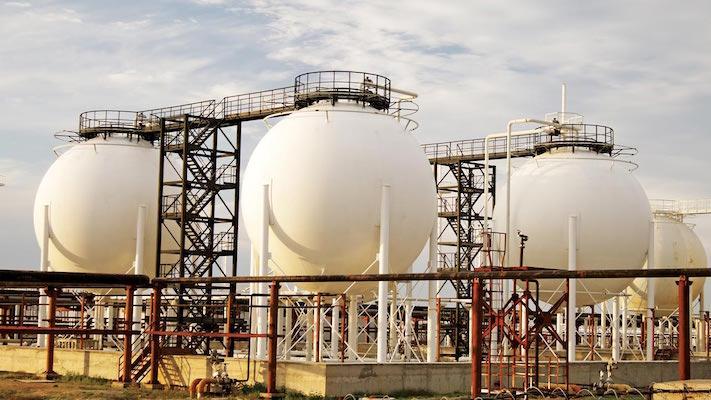In a collaborative effort, Morocco and Senegal are intensifying efforts to facilitate the smooth execution of the $25 billion Nigeria-Morocco gas pipeline project. The Minister of Petroleum and Energies of Senegal, Antoine Felix Abdoulaye Diome, expressed his country’s steadfast support for the Nigeria-Morocco gas pipeline during a meeting with Amina Benkhadra, the Director General of Morocco’s Office of Hydrocarbons and Mines (ONHYM), in Dakar.
The Nigeria-Morocco Gas Pipeline, initially proposed in a December 2016 agreement between the Nigerian National Petroleum Company Limited (NNPC) and the Moroccan Office National des Hydrocarbures et des Mines (National Board of Hydrocarbons and Mines) (ONHYM), aims to connect Nigerian gas to coastal countries in West Africa, including Benin, Togo, Ghana, Cote d’Ivoire, Liberia, Sierra Leone, Guinea, Guinea-Bissau, Gambia, Senegal, and Mauritania. The pipeline is expected to conclude in Tangiers, Morocco, and Cádiz, Spain, essentially serving as an extension of the existing West African Gas Pipeline that already links Nigeria with Benin, Togo, and Ghana.
The feasibility study for the project commenced in August 2017, conducted jointly by NNPC and ONHYM. Anticipated to cost $25 billion, the pipeline will be executed in stages over 25 years. Morocco advocates for the Nigeria-Morocco pipeline over the Trans-Saharan Gas Pipeline, contending that the latter would traverse a region marked by significant militant activity.
During a recent meeting, Senegalese officials emphasized the ambitious nature of the gas pipeline and its potential benefits for the entire region. He highlighted a specific program devised by Morocco and Senegal to advance the project and enhance South-South cooperation among the participating countries. Since its inception, Senegal has consistently underscored the project’s significance, signing a Memoranda of Understanding with Morocco in support. Spanning 5,600 kilometres along the Atlantic coast, the pipeline is expected to benefit over 400 million inhabitants across 11 countries, facilitating the transport of Nigerian gas to Europe.
King Mohammed VI of Morocco reaffirmed the country’s commitment to the project on November 6, emphasizing its potential to contribute to Africa and Europe. The monarch described the initiative as strategic, promoting regional integration and fostering joint economic growth. The Nigeria-Morocco Gas Pipeline, announced by King Mohammed VI and former Nigerian President Muhammadu Buhari in 2016, continues to garner support from various countries across the continent.











